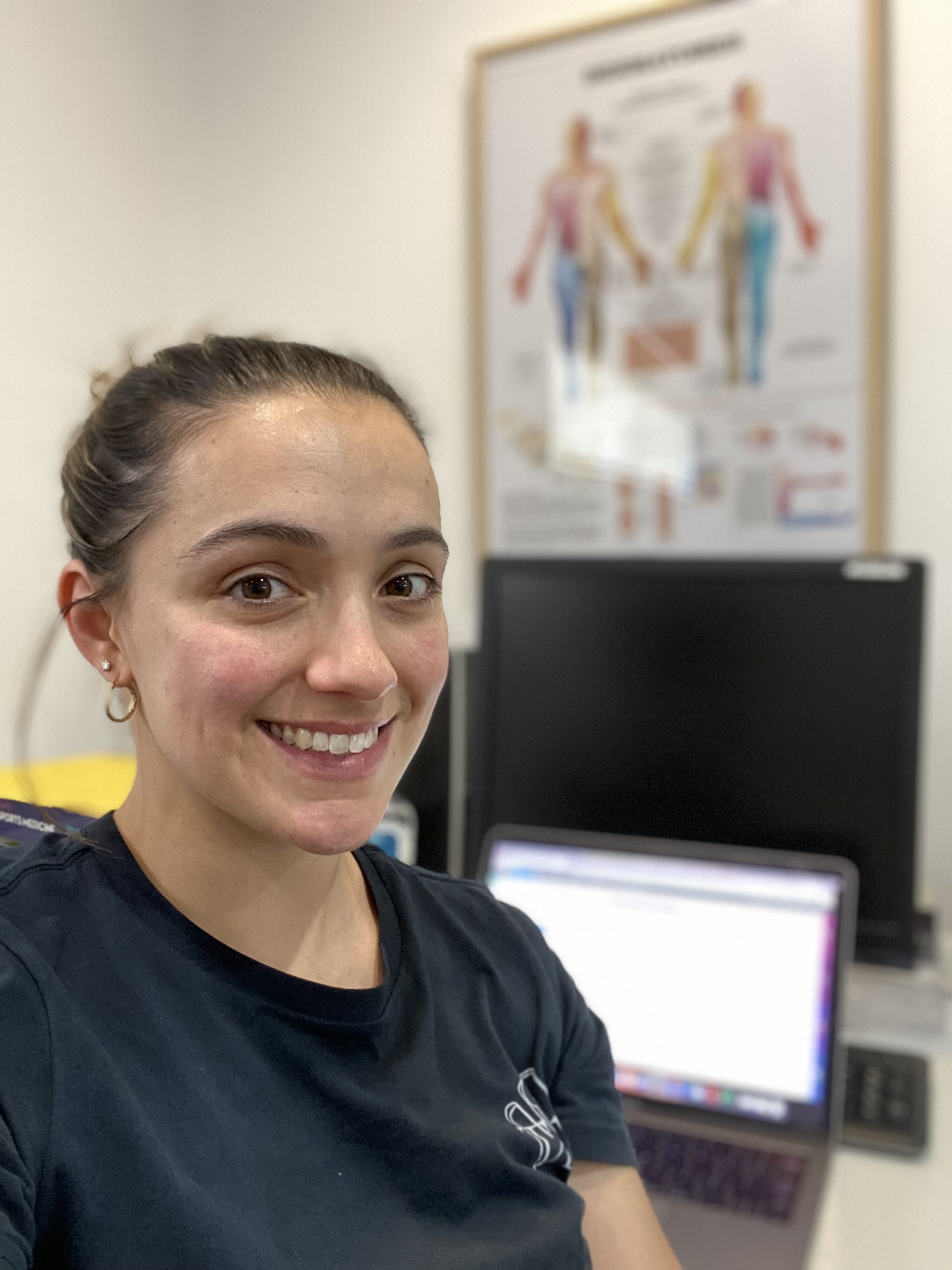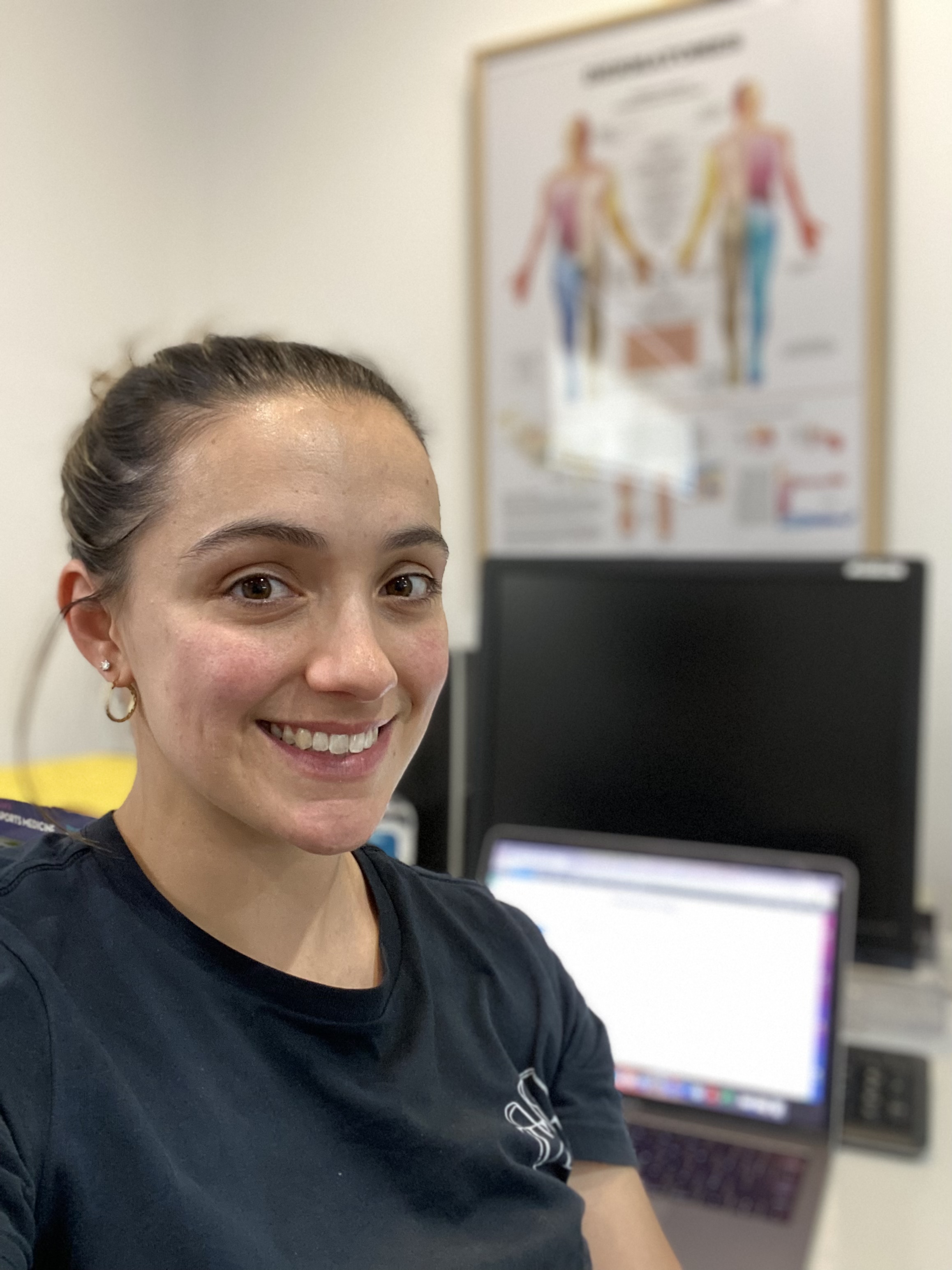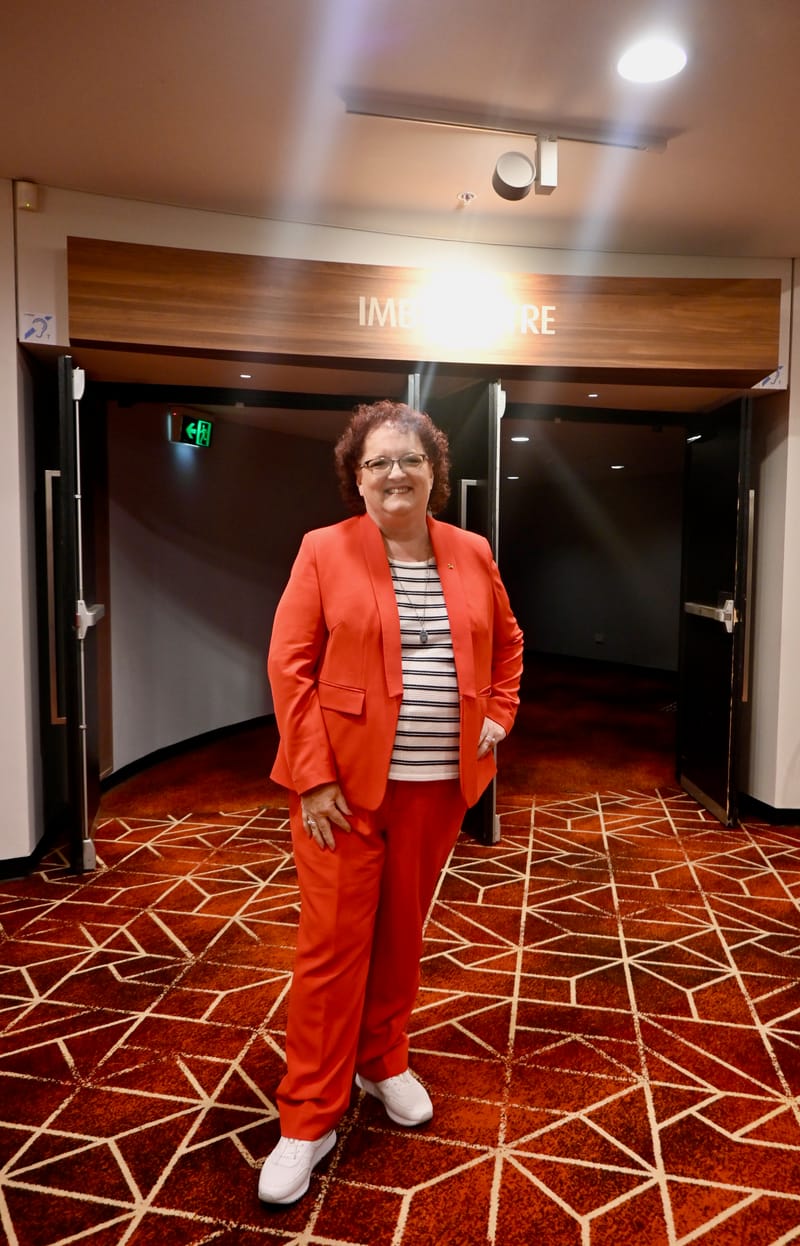Tips for exercising after Covid-19
It is safe to say Covid-19 is not going anywhere anytime soon. More than 11 million Australians have contracted the virus, according to the World Health Organisation, so it is likely you have had it or someone you know has had it.

By exercise physiologist Maddison Wilson of The Physio Pilates Movement
It is safe to say Covid-19 is not going anywhere anytime soon. More than 11 million Australians have contracted the virus, according to the World Health Organisation, so it is likely you have had it or someone you know has had it.
The recovery can be very different from one person to another. We know that there may be some symptoms that persist. In a study (HavervallS et al 2021) comparing positive-Covid patients (mild cases only) to non-positive patients:
- 26% reported at least 1 moderate to severe symptom lasting for at least 2 months
- 15% reported at least 1 moderate to severe symptom lasting for at least 8 months
The most common persistent symptoms included: lack of smell/taste, fatigue and shortness of breath. Of the positive patients in this study, 2% reported long-term symptoms that disrupted their home life, 15% reported symptoms that disrupted their social life, and 8% reported symptoms that disrupted their work life.
Recovery from Covid may be different for everyone. So there are no hard and fast rules when returning to exercise.
- In the acute phase of the virus (first 1-2 weeks), resting and listening to your body is important. Exercise may not be the best thing for you at this stage.
- As you start to recover, gentle exercise such as low-intensity walking or stretching is a good place to start. However, if you start to feel uncomfortable or have shortness of breath, this is a sign you should be taking a break. Listening to your body in the early stages of recovery is very important. The “talk test” can help you understand your tolerance levels for exercise.
The most important thing is to start slowly and gradually increase your exercise over time. This will depend on how you are feeling. Everyone will take a different path on their journey back to exercise. If you had mild symptoms, you may find there was no impact and you were able to resume normal exercise quickly, yet others may take a bit longer.
Symptoms may hang around for a bit longer than you expected, and mild symptoms can take 4-6 weeks to resolve (or longer as aforementioned). If you continue to experience symptoms for longer than six weeks and they are impacting your daily life it is important to reach out to your healthcare team.
What is 'Long Covid'
WHO defines Long Covid as: "the continuation or development of new symptoms 3 months after the initial SARS-CoV-2 infection, with these symptoms lasting for at least 2 months with no other explanation".
People with "Long COVID" have ongoing symptoms (you can find a full list on the NSW Health website). These symptoms can include fatigue, a sore throat, persistent cough, muscle and joint aches and pains, shortness of breath, light-headedness, nausea, unrefreshing sleep and sensitivity to light or noise. These symptoms can significantly impact your ability to lead a normal life. It is important to contact your GP or healthcare team if you think you may have Long Covid.
To manage Long Covid symptoms, especially fatigue, it is very important to “pace your day”. Starting with small bouts of activity followed by short bouts of rest. Gradually build up your tolerance to activity. Along with pacing, a sleep routine, diet and stress management, sustainable exercise is very important for ongoing management. Your healthcare team, and/or exercise physiologist can help assist you with these strategies should Long Covid be affecting your daily life.
For more information on The Physio Pilates Movement, visit the website





